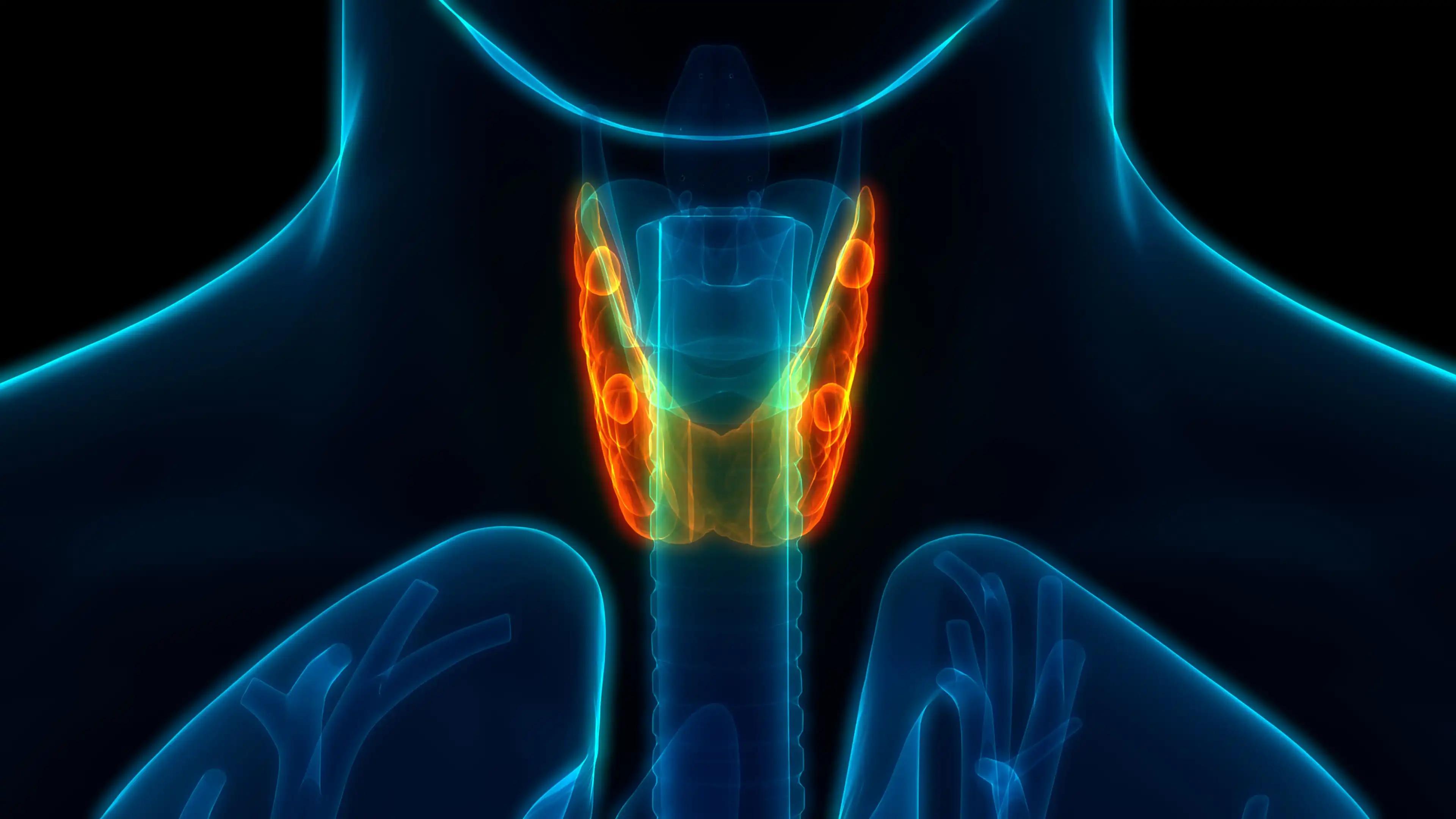KEY TAKEAWAYS
- The study aimed to investigate the impact of Panobinostat, on oesophageal cancer cell lines to assess its potential as a therapeutic option.
- Researchers found Panobinostat impairs oesophageal cancer cells and targets HDAC3, indicating its potential as a novel therapy.
Oesophageal cancer presents a significant clinical challenge due to its high mortality rates and limited treatment options. In light of these difficulties, epigenetic drugs have emerged as promising alternatives.
Nair Lopes and the team aimed to evaluate the impact of Panobinostat, an HDAC (histone deacetylase) inhibitor approved for multiple myeloma, on oesophageal cell lines of both normal and malignant origins, including the 2 primary histological types: adenocarcinoma and squamous cell carcinoma (SCC). By assessing the biological effects of Panobinostat treatment, the study aimed to determine its potential as a therapeutic option for oesophageal cancer.
They performed an inclusive analysis to evaluate the effects of Panobinostat treatment on oesophageal cancer cell lines. They assessed cell growth, proliferation, colony formation, and invasion in both normal and malignant cell lines.
Tissue expression levels of HDACs were also analyzed, revealing that HDAC1 was significantly upregulated in normal oesophageal epithelium compared to tumour tissue. In contrast, HDAC3 was overexpressed in oesophageal cancer compared to non-malignant mucosa. No significant differences in HDAC2 and HDAC8 expression were observed between normal and tumour tissues.
The study concluded that Panobinostat exposure effectively impairs malignant features of oesophageal cancer cells. Given that HDAC3 was found to be overexpressed in oesophageal tumour samples, this epigenetic drug may represent a promising alternative therapeutic option for oesophageal cancer patients.
The study is funded by the Research Center of the Portuguese Institute of Porto (BF.CBEG CI-IPOP- 27-2016). NL holds a Junior Researcher position funded by FCT—Fundação para a Ciência e Tecnologia (Contract UID/DTP/0076/POCI-01-0145-FEDER-006868). SS was supported by a fellowship (SFRH/BD/143717/2019) granted by FCT. BTF was funded by CI‐IPOP/PD/Kymab. VMG holds a Junior Researcher position UIDP/00776/2020–3C funded through CI-IPOP Programmatic funding 2020–2023 (reference UIDP/00776/2020) from FCT. MPC was funded by FCT (Contract CEECINST/00091/2018).
Source: https://pubmed.ncbi.nlm.nih.gov/39097736/
Lopes N, Salta S, Flores BT, et al. (2024). “Anti-tumour activity of Panobinostat in oesophageal adenocarcinoma and squamous cell carcinoma cell lines.” Clin Epigenetics. 2024 Aug 3;16(1):102. doi: 10.1186/s13148-024-01700-3. PMID: 39097736.



